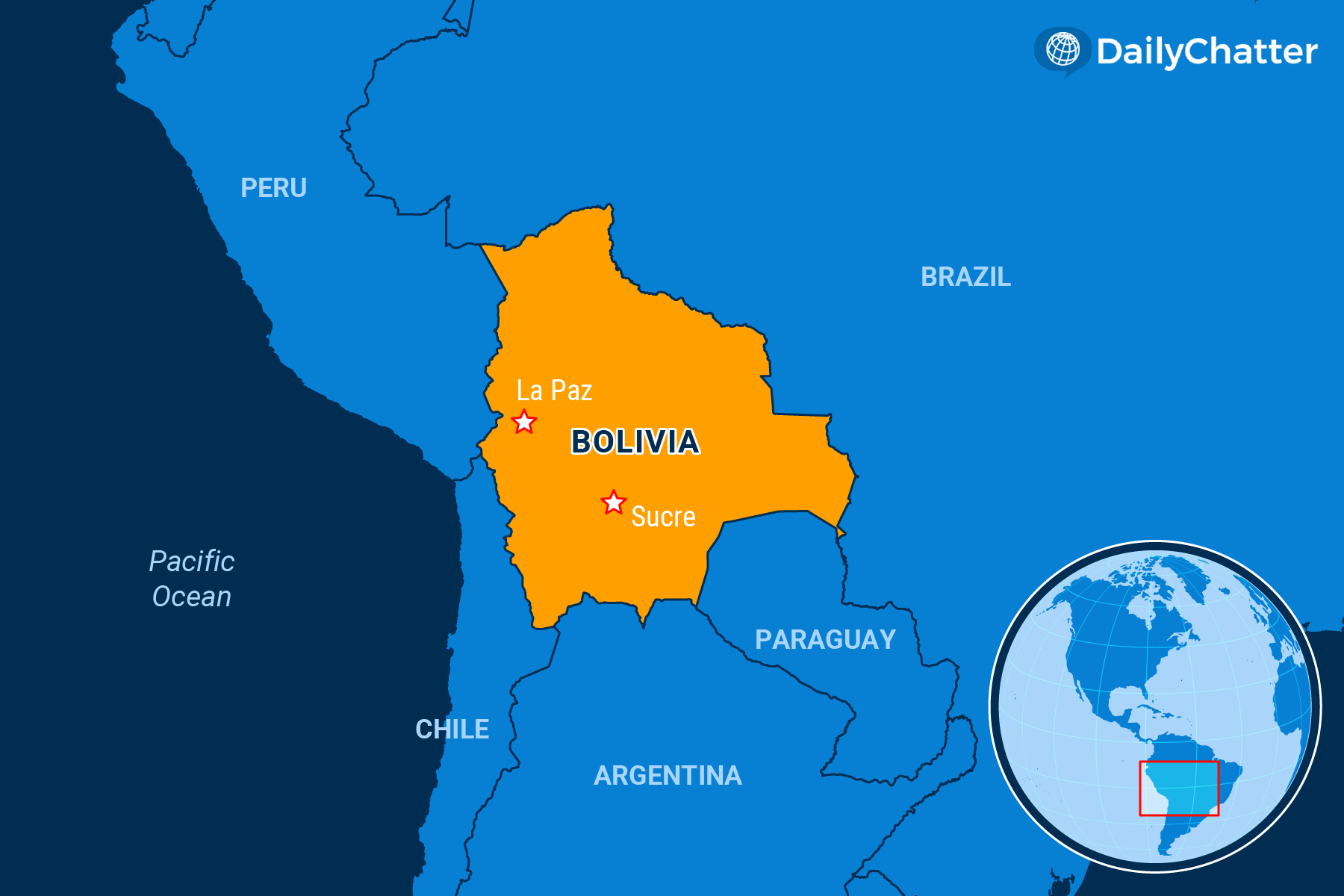VENEZUELA

As public services crumble in their authoritarian, socialist country, desperate Venezuelans are praying to José Gregorio Hernández, known as the “Doctor of the Poor” for their healthcare needs.
Recently beatified by the Vatican, Hernández gives hope to people who have lost faith in Venezuelan President Nicolás Maduro and opposition figures who have failed to loosen Maduro’s iron grip on power, held by torture and other violence, the weakening of the judicial system, suppression of human rights and other heavy-handed policies.
The image of Dr. Hernández – a mustachioed man in a black suit, white lab coat and bowler hat – is iconic in Venezuelan culture, the New York Times wrote.
“He’s a civilian that actually served other civilians, and that seems to be an ideal that is shared by both parties,” Columbia University doctoral fellow Daniel Esparza told the Times. “We’re orphans when it comes to role models – that’s when José Gregorio jumps in.”
Between Maduro’s incompetence and American sanctions on his regime and the Venezuelan economy, the South American country’s healthcare system is collapsing. Malaria cases in Venezuela increased at the highest rate in the world in 2019. Diseases like diphtheria and measles, which can be controlled with vaccines, are spreading.
Healthcare is only one piece of Venezuela’s decline. Lack of investment and hyperinflation have gutted agriculture and distribution in the country, added Reuters. To stock empty shelves at grocery stores, Maduro is privatizing companies that his predecessor, Hugo Chavez, nationalized as part of a leftist campaign to improve life for the country’s poorest citizens.
Meanwhile, the water infrastructure and other utilities, as well as cultural sites like museums and other attractions built in the oil-rich country in the 1960s and 1970s, are crumbling, reported Bloomberg. The financial news agency described gas as a “luxury” for Venezuelans. In Caracas, residents reported having to pay a bribe of $100 to fill up on gasoline.
Some Venezuelans, perhaps inspired by Hernández, are taking matters into their own hands. For example, underpaid healthcare workers are tabulating Covid-19 data to help their colleagues fight the virus, wrote Nature. Official government statistics mask the scope of the problem, they said.
Maduro and opposition figures recently pledged to work together more closely to improve services, especially those vital to stopping the spread of Covid-19, the Associated Press wrote.
Their bright idea was the way it’s supposed to be in the first place, of course.


